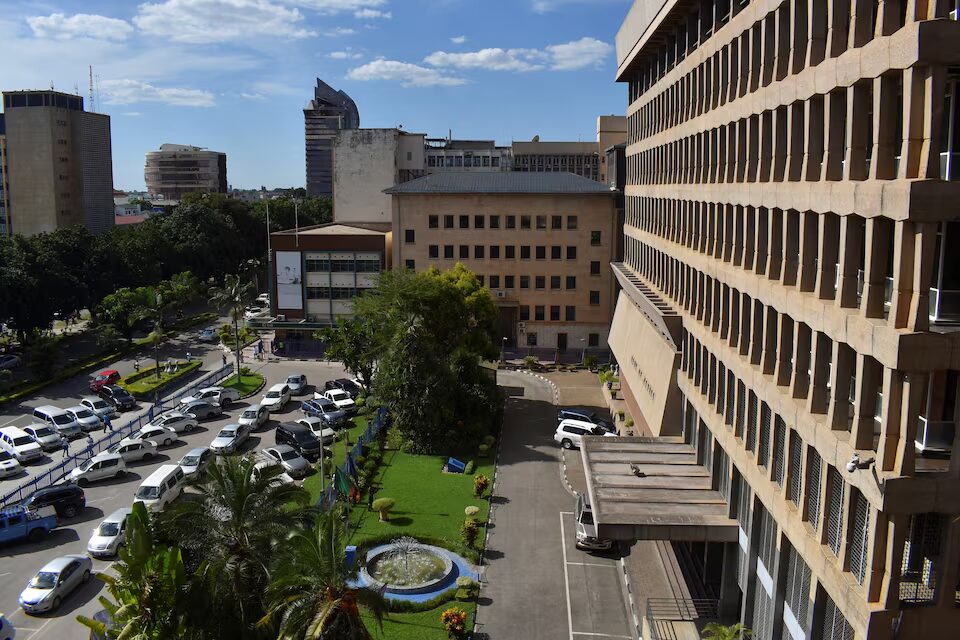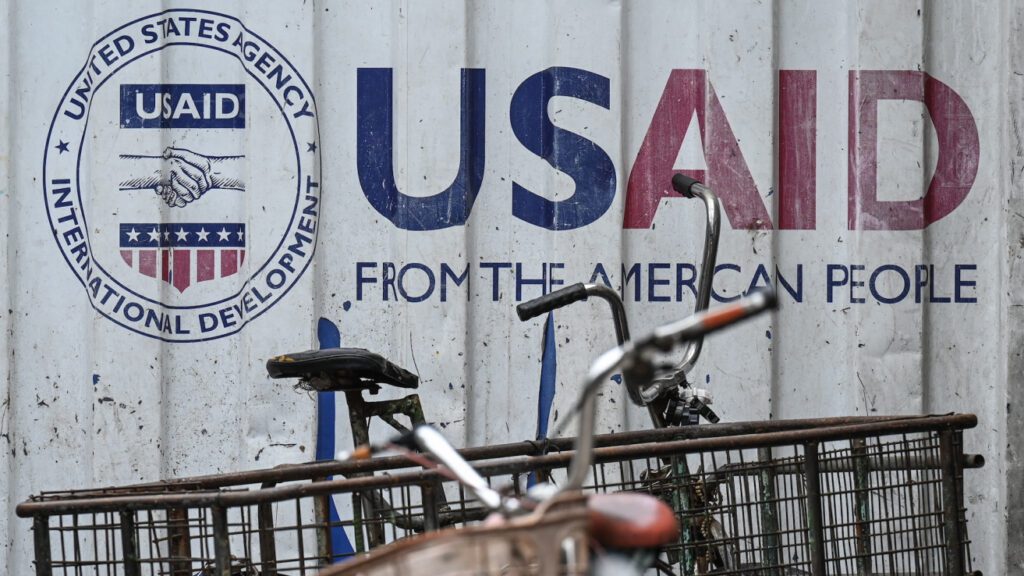
Monday 24th November 2025

by inAfrika Newsroom
Analysts say Mozambique USAID cuts have deepened insecurity in Cabo Delgado after Washington dismantled the agency earlier this year under an executive order from US President Donald Trump. A new report describes how the sudden withdrawal of programmes left gaps in youth employment schemes, community resilience and counter-extremism work in one of Africa’s poorest countries.
The changes followed a broader freeze on foreign aid that disrupted health, governance and livelihoods projects worldwide. In Mozambique, officials and aid workers say the loss of USAID support weakened local government services and left communities more exposed to recruitment by armed groups. In September, ISIS-linked fighters attacked Mocímboa da Praia again, beheading dozens of mostly Christian men and forcing thousands to flee.
Civil society groups argue that the cuts undermine years of effort to tackle root causes of extremism, including unemployment, local grievances around gas and mining projects, and weak state presence. They warn that military operations alone cannot stabilise Cabo Delgado if social, economic and governance support continues to shrink. Mozambique’s government has not publicly criticised the US decision but has called for more coordinated international assistance.
Mozambican officials are now looking to other partners, including the European Union, regional development banks and private investors, to fill parts of the gap. Some agencies have redirected funds to education, health and resilience projects in the north, but coverage remains patchy.
Security experts say lasting stability will require a mix of targeted aid, inclusive local governance, fair benefit-sharing from gas revenues and accountable security forces. They argue that abrupt aid shifts, like the Mozambique USAID cuts, risk signalling that external partners can walk away just as communities start to rebuild trust.
Why it matters for Africa
The Mozambique USAID cuts matter for Africa because they show how global political decisions can quickly reshape security on the ground. Cabo Delgado sits near offshore gas fields that could supply power to Southern and East Africa, yet instability threatens those plans. When large donors pull out without careful transitions, they weaken fragile institutions and may create space for extremist groups to grow. Other African states that depend on aid for security and social programmes are watching closely. The episode raises tough questions about how to diversify partnerships, build domestic resilience and avoid over-reliance on any single external actor.


